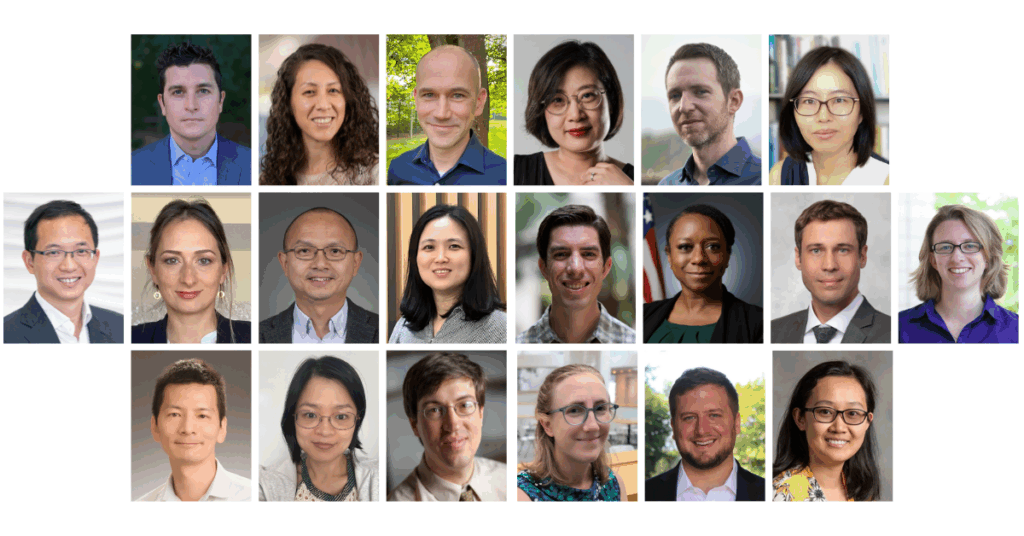The National Committee on U.S.-China Relations is pleased to announce the ninth round of fellows in its Public Intellectuals Program (PIP), generously funded by Carnegie Corporation of New York. The twenty fellows comprise a wide range of research interests, geographic locations, and types of institutions.
Launched in 2005, PIP identifies outstanding members of the next generation of American China specialists – in the academic, professional, or policymaking spheres – who, in the tradition of earlier China hands, have the interest and potential to venture outside of academia or their professions into areas relevant to foreign policy and public education.
The two-year program is designed to enrich the twenty fellows’ understanding of policymaking processes in the United States and China; help them establish useful relationships both with their academic and professional colleagues and with policy practitioners; encourage them to move beyond the confines of their own disciplines; and nurture their ability to engage with the public at a national, regional, and local level. PIP is implemented through a series of activities including workshops in Washington, D.C., and other U.S. cities; international study tours to Greater China and elsewhere in Asia; opportunities to participate in National Committee delegations as scholar-escorts or in NCUSCR Track II dialogues; and public education initiatives.
PIP is an enrichment opportunity intended to complement the primary academic or professional positions held by the fellows. The program offers unique opportunities for professional development, mentoring by senior scholars, networking, and exposure. Fellows gain access to senior policymakers and experts in both the United States and China, and to individuals and fields they are not typically exposed to, such as the business, arts, health, and civil society sectors in China, as well as to the media in both countries. Fellows have access to media coaches to help edit and place op-eds and develop a social media presence.
The ninth cohort joins an accomplished community of 160 PIP Fellows from cohorts one through eight, who have formed a strong network of mutual support and academic collaboration. Visit our PIP Fellow Database to view bio information for all incoming and previous cohort fellows.
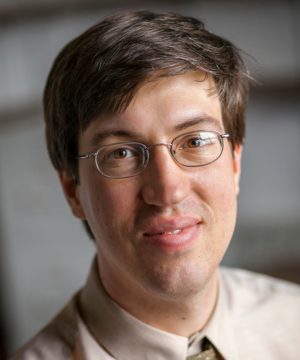
Nick Admussen
Associate Professor, Asian Studies, Cornell University
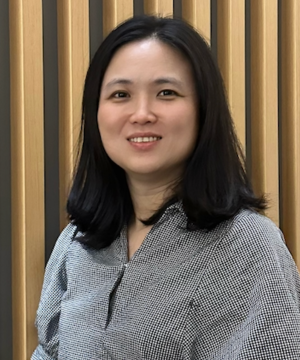
Ying Chen
Associate Professor of Economics, The New School
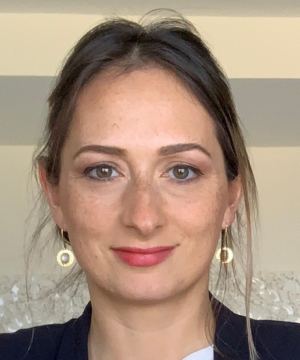
May Farid
Assistant Professor, Joan B. Kroc School of Peace Studies, University of San Diego

Tom Fitzpatrick
Infectious Diseases Physician, University of Washington

William Fox
Director, Maritime Intelligence Operations Center, United States Pacific Fleet Headquarters
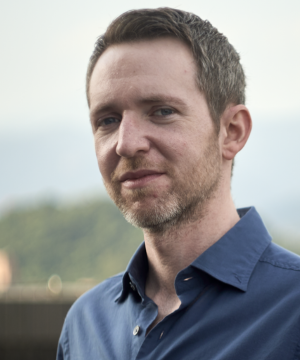
Joshua L. Freeman
Assistant Professor, Comparative Literature, Brown University
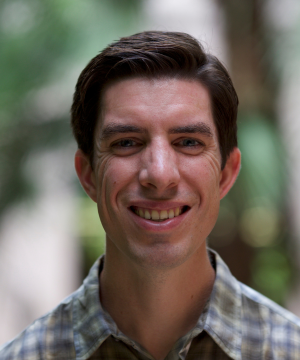
Tyler Harlan
Associate Professor, Urban & Environmental Studies, Loyola Marymount University
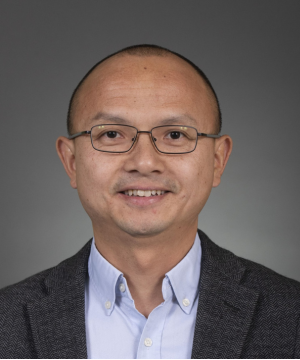
Gang He
Associate Professor, Marxe School of Public and International Affairs, CUNY Baruch College
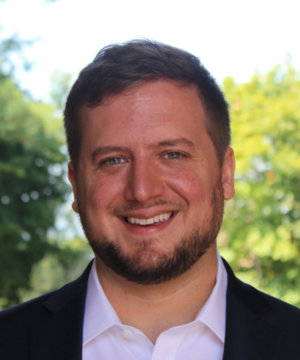
Lincoln Hines
Assistant Professor, Sam Nunn School of International Affairs, Georgia Institute of Technology
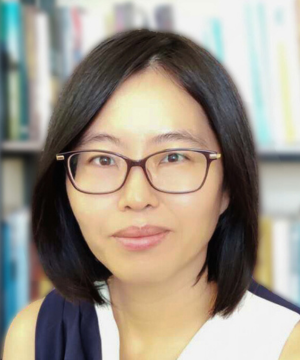
Yao Li
Assistant Professor, Sociology, Florida State University
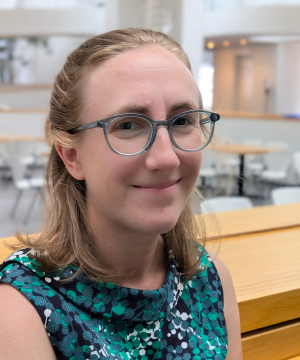
Emily Mokros
Associate Professor, History, University of Kentucky
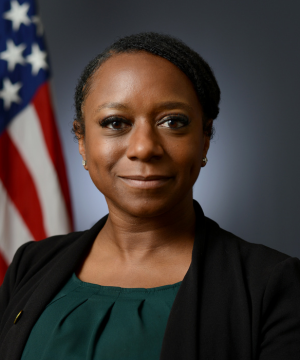
Samantha Payne
Chinese Language Analyst, United States Air Force
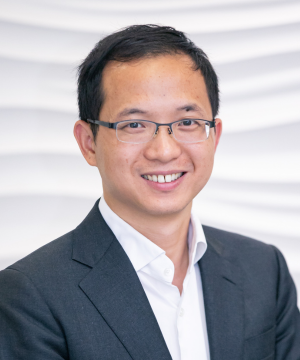
Shitong Qiao
Professor, Duke University School of Law
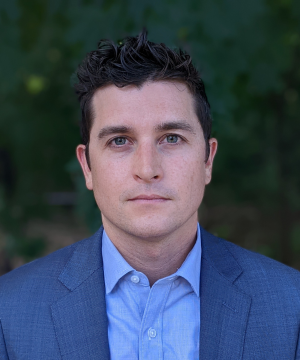
Jesse Rodenbiker
Assistant Professor, Geography, Rutgers University
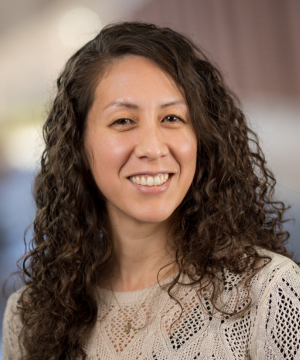
Kumi Smith
Associate Professor, University of Minnesota, Twin Cities
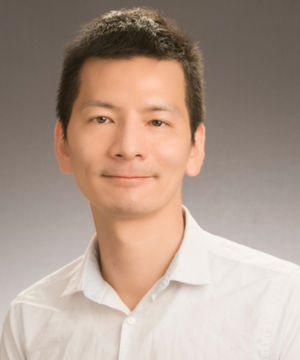
Ken Chih-Yan Sun
Associate Professor, Sociology and Criminology, Villanova University
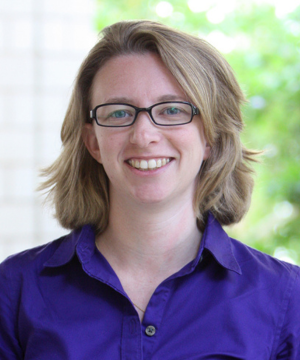
Sam Vortherms
Associate Professor, University of California, Irvine
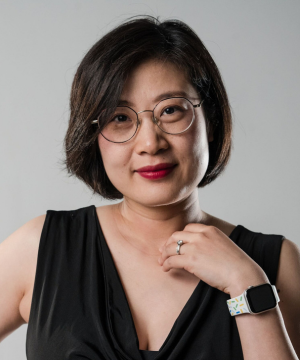
Jing Wang
Assistant Professor, School of Journalism and Mass Communication, University of Wisconsin-Madison
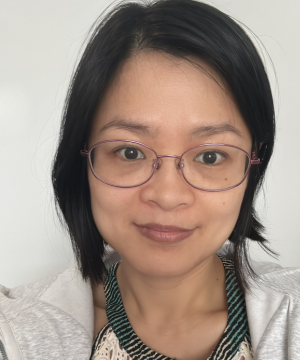
Angela Xiao Wu
Associate Professor, Media, Culture & Communication, New York University
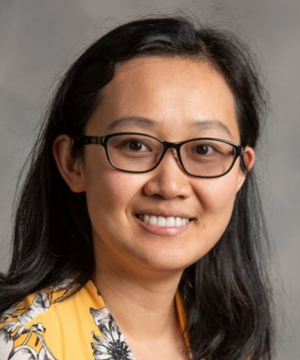
Yidi Wu
Associate Professor, History, Elon University
